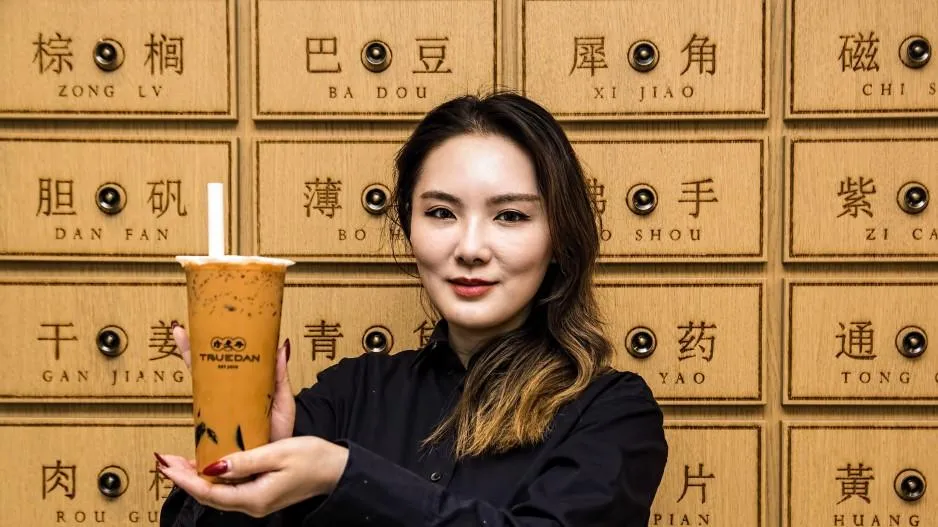
Metro Vancouver's bubble tea economy is booming as drink demand grows
“Whenever a retail lease comes on the market or a new commercial development is completed in Metro Vancouver, it’s quite possible that a new bubble tea shop will pop up in that space.” - by BIV.com Daisy Xiong

The bubble tea industry in Metro Vancouver is experiencing a thriving economy as the demand for this popular beverage continues to grow. Originating from Taiwan, bubble tea has become a favorite among younger generations in Asia and has now gained significant popularity in Metro Vancouver. With over 200 bubble tea shops in the region, it is clear that the drink has found a strong foothold, particularly in Vancouver, Burnaby, Richmond, and Surrey.
The sustained demand for bubble tea in Metro Vancouver can be attributed to factors such as the growing Chinese-Canadian population, which constitutes nearly 20% of the region's total population. Chinese-Canadians, who have a strong affinity for bubble tea, are driving the demand for the beverage. This has attracted prominent bubble tea brands from Asia, with around 30 brands entering the Metro Vancouver market in recent years, often through the franchise model, to quickly expand their presence.
While the demand for bubble tea remains high, the competition among bubble tea shops is also intensifying. Shop owners are optimistic about the enduring demand, but they must navigate the increasingly fierce competition as new players enter the market. Some shops choose to open near each other, adopting a head-to-head strategy seen in Asian markets. However, not all shops can withstand the competition, leading to closures or the emergence of new bubble tea brands.
To remain competitive, bubble tea shops prioritize quality, innovation, and meeting customer expectations. Many offer unique flavors and ingredients, regularly introducing new series of drinks to captivate customers. Location and targeting the right market segment are also crucial for success. In more traditional markets like West Vancouver, brands focusing on traditional bubble tea have a better chance of thriving, while experimental and non-traditional flavors gain popularity in areas like Richmond.
To expand their customer base, bubble tea brands are seeking to attract new consumer segments beyond the Chinese-Canadian population. Children play a significant role in introducing bubble tea to their friends and classmates, leading to cross-cultural influence and expanding the market. Additionally, brands are striving to produce healthier drinks and reduce their environmental footprint by adopting alternatives to plastic straws and cups.
Although the bubble tea industry in Metro Vancouver is currently thriving, some experts believe that the Chinese-Canadian consumer market may have reached saturation. To sustain growth, brands are exploring opportunities to market to mainstream consumers and considering expansion to other provinces. Nevertheless, competition remains fierce, and the industry may face future challenges related to regulations on single-use plastics.
In conclusion, the bubble tea industry in Metro Vancouver is experiencing remarkable growth, attracting both established and emerging brands. The demand for bubble tea is driven by the growing Chinese-Canadian population, the preference of younger generations, and its status as a social and lifestyle choice. As competition intensifies, shops focus on quality, innovation, and appealing to a broader customer base while addressing environmental concerns.
Site Source from BIV.com

© Jenjudan Canada. All Rights Reserved.
